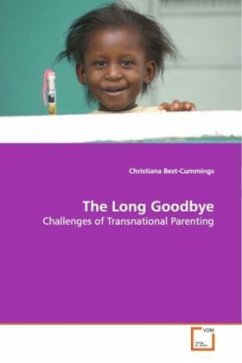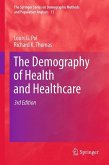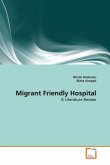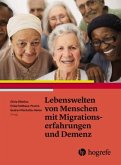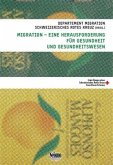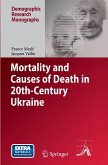The migration of immigrants is a phenomenon
experienced by most industrialized countries and
their major cities. Due to changes in the 20th
Century United States immigration laws, which
allowed for immigration of unskilled and/or skilled
workers in occupations where labor is in short
supply, an increasingly large number of migrants to
New York City have been African-Caribbean females.
These women, often mothers, both unheralded and
buffeted between the competing demands of their
employees, immigration laws and their desire to stay
connected to their children, have left their
families in their country of origin in order to seek
employment and better economic and educational
opportunities in the United States. Understanding
how these women cope with these competing demands
and loyalties, and the impact on children of
parental separation and serial migration can tell us
much about the phenomenon of transnational parenting
across the globe. Dr. Best-Cummings project
analyzes transnational parenting within a particular
subsection of African-Caribbean women, and pays
attention to the structural, cultural and personal
impact of this type of immigration.
experienced by most industrialized countries and
their major cities. Due to changes in the 20th
Century United States immigration laws, which
allowed for immigration of unskilled and/or skilled
workers in occupations where labor is in short
supply, an increasingly large number of migrants to
New York City have been African-Caribbean females.
These women, often mothers, both unheralded and
buffeted between the competing demands of their
employees, immigration laws and their desire to stay
connected to their children, have left their
families in their country of origin in order to seek
employment and better economic and educational
opportunities in the United States. Understanding
how these women cope with these competing demands
and loyalties, and the impact on children of
parental separation and serial migration can tell us
much about the phenomenon of transnational parenting
across the globe. Dr. Best-Cummings project
analyzes transnational parenting within a particular
subsection of African-Caribbean women, and pays
attention to the structural, cultural and personal
impact of this type of immigration.

